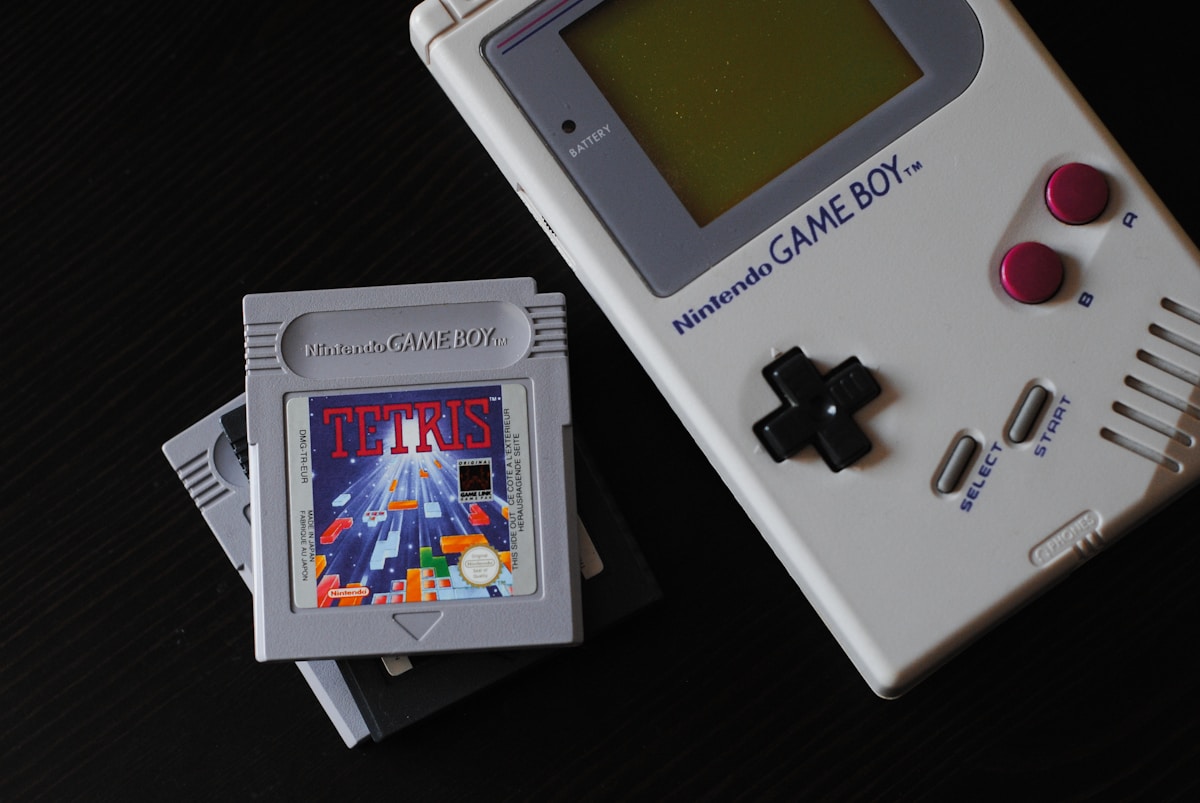Yahoo Japan Flea Market just took a stand against one of gaming’s most frustrating problems. Starting November 13, 2025, the massive online marketplace will prohibit sellers from listing new video games above their manufacturer’s suggested retail price for one month after release. Violators won’t just get their listings removed. They could face full account suspension. This is one of the strongest anti-scalping policies any major marketplace has implemented, and it could set a precedent for how the industry handles resellers.
The announcement comes from LY Corporation, the company that operates both Yahoo Japan Flea Market and Yahoo Japan Auctions. According to their statement, the goal is to ensure users can buy and sell entertainment products safely and securely while creating a fairer commerce space for everyone. Translation: they’re tired of scalpers ruining launch day for legitimate customers.
How the Policy Works
The new rules are straightforward. Once implemented on November 13, sellers will be unable to list new game titles above their MSRP for approximately one month after the official release date. The system will likely flag listings automatically if they detect prices exceeding retail, and Yahoo Japan’s moderation team will handle enforcement.
For persistent offenders or serious violations, the consequences escalate beyond just removing fraudulent listings. Sellers could face account suspension, effectively banning them from one of Japan’s largest online marketplaces. That’s a significant financial risk for anyone trying to make money through game scalping.
The policy specifically targets new game software, which often comes with limited edition goods, bonus content, or collector’s packaging that drives up resale prices. These special editions have become prime targets for scalpers who buy multiple copies at retail and immediately flip them at inflated prices on secondary markets.
Yahoo Japan’s Growing Anti-Scalping Efforts
This isn’t Yahoo Japan’s first rodeo with scalpers. The company has been gradually implementing stricter policies across its platforms throughout 2025. Back in May, Yahoo Japan went nuclear on Nintendo Switch 2 scalpers by completely banning all console listings, not just overpriced ones, but all of them.
That ban came into effect on the Switch 2’s June 5 release date and covered both Yahoo Auctions and Yahoo Flea Market. The company stated the ban would remain in effect for an undecided period, citing Switch 2 as a high-demand item with high resale value that promotes behaviors causing confusion, like price gouging and stock hoarding.
Yahoo Japan’s actions were part of a broader collaboration with Nintendo and other major Japanese marketplaces including Mercari and Rakuten to combat Switch 2 scalping. Each platform implemented its own restrictions, but Yahoo took the hardest line by banning listings entirely rather than just limiting prices.
Why This Matters Beyond Japan
While this policy only affects Yahoo Japan’s marketplace, the implications reach far beyond one country or one platform. Scalping has become a global problem that affects every major game release, console launch, and special edition drop. PlayStation 5 consoles were nearly impossible to find at retail price for two years after launch. Graphics cards disappeared during the cryptocurrency mining boom. Limited edition games sell out in minutes only to reappear on eBay at triple the price.
What makes Yahoo Japan’s approach noteworthy is how aggressive it is. Most platforms rely on vague terms of service that prohibit scalping but rarely enforce those rules. eBay allows reselling at any price. Amazon Marketplace has scalpers operating openly. Even when platforms implement purchase limits or captcha systems, scalpers find ways around them using bots and multiple accounts.
Yahoo Japan is saying enough is enough. They’re willing to lose the transaction fees from high-priced resales to protect their platform’s reputation and keep legitimate customers happy. That’s a business decision more companies should consider.
The Scalping Problem in Gaming
Scalping isn’t new, but it’s gotten worse as online marketplaces and bot technology have made it easier than ever. Here’s how the typical scalping operation works these days:
- Scalpers use automated bots to monitor retailer websites and instantly purchase limited stock when it becomes available
- They buy multiple units using different accounts, addresses, and payment methods to bypass purchase limits
- Products get listed on secondary markets at inflated prices before legitimate customers even knew they were in stock
- High demand and low supply mean desperate fans pay the markup rather than wait indefinitely
- Scalpers pocket the difference while retailers and publishers see none of that extra revenue
Japan has been particularly hard hit by scalping culture. The country even has self-proclaimed professional scalpers who brag about their operations in media interviews. One individual, calling himself the King of the Scalpers, made headlines for selling Switch 2 consoles before the official launch date. Some Japanese gaming conventions have responded by threatening to print scalpers’ faces and personal information onto merchandise as a deterrent.
Will Other Platforms Follow
The big question is whether Yahoo Japan’s policy will inspire other marketplaces to implement similar restrictions. So far, Western platforms have been reluctant to take strong action against scalpers. The usual arguments are that it’s too difficult to enforce, that people have a right to resell their property, and that market forces should determine prices.
But those arguments ignore the reality that scalpers aren’t operating in a free market. They’re using technology and coordinated efforts to artificially manipulate supply, creating scarcity where none would otherwise exist. When bots buy every unit before humans can click the purchase button, that’s not capitalism, that’s exploitation.
eBay has taken some limited steps, like occasionally restricting certain high-demand items or working with manufacturers on verified retailer programs. Amazon has cracked down on bots to some degree. But nothing approaches the comprehensive approach Yahoo Japan is implementing.
What Gamers Can Do
While we wait to see if other platforms adopt similar policies, gamers can take some steps to avoid feeding the scalping ecosystem. First and most important, don’t buy from scalpers if you can possibly avoid it. Every purchase at inflated prices validates their business model and encourages more scalping.
Second, support retailers and publishers that implement anti-bot measures, lottery systems, or in-store pickup requirements. These aren’t perfect solutions, but they make scalping harder. Third, be vocal on social media and in feedback to platforms about wanting stronger anti-scalping policies. Companies respond to public pressure, especially when it affects their reputation.
The One Month Question
One interesting aspect of Yahoo Japan’s policy is the one month limitation. Why not make it permanent? The answer likely comes down to defining what counts as a new release versus legitimate second-hand sales. After a month, the initial launch rush has passed, stock has stabilized, and the line between reselling and scalping becomes blurrier.
Someone who bought a game, played it, and decided to sell it a month later is engaging in normal second-hand commerce. They should be able to price it however they want based on condition, rarity, or market demand. The policy specifically targets people who never intended to use the product, buying solely to flip for profit immediately after release.
FAQs
What is Yahoo Japan Flea Market?
Yahoo Japan Flea Market is a customer-to-customer online marketplace for buying and selling second-hand goods, similar to eBay or Facebook Marketplace. It’s one of Japan’s largest online trading platforms operated by LY Corporation.
When does the new anti-scalping policy take effect?
The policy prohibiting the sale of new video games above retail price will take effect on November 13, 2025. It applies to all new game software for approximately one month after each game’s official release date.
What happens if someone violates the policy?
Sellers who list new games above MSRP will have their listings removed. Repeat offenders or serious violations can result in account suspension, effectively banning them from Yahoo Japan’s marketplace platforms.
Does this policy apply to used games?
No, the policy specifically targets new game software within the first month of release. Used games and titles that have been on the market for more than a month can still be priced at whatever the market will bear.
What other anti-scalping measures has Yahoo Japan implemented?
In May 2025, Yahoo Japan completely banned all Nintendo Switch 2 console listings on both Yahoo Auctions and Yahoo Flea Market, with the ban remaining in effect indefinitely. This was part of a collaboration with Nintendo to combat console scalping.
Will this policy come to other countries?
There’s no indication yet that Yahoo Japan’s parent company or other marketplaces will implement similar policies in other regions. However, the success of this policy could influence other platforms to adopt comparable anti-scalping measures.
Can sellers still make a profit reselling games?
Yes, sellers can resell games for profit after the one-month period expires, or they can sell used copies at any time. The policy only restricts selling brand new games above retail price during the critical launch window when scalping is most damaging.
How will Yahoo Japan enforce this policy?
While specific enforcement mechanisms haven’t been detailed, the platform will likely use automated systems to flag listings priced above MSRP combined with human moderation. Seller accounts face suspension for serious violations.
Conclusion
Yahoo Japan Flea Market’s new anti-scalping policy represents a meaningful step toward protecting customers from price gouging during game launches. By prohibiting above-retail pricing for one month after release and threatening account suspension for violators, the platform is sending a clear message that scalping won’t be tolerated. Whether other marketplaces follow suit remains to be seen, but Yahoo Japan has proven that major platforms can take action against scalpers when they choose to prioritize customer experience over short-term transaction fees. For gamers who’ve spent years fighting bots and paying inflated prices just to play new releases, this policy offers hope that the industry might finally be taking the scalping problem seriously.


